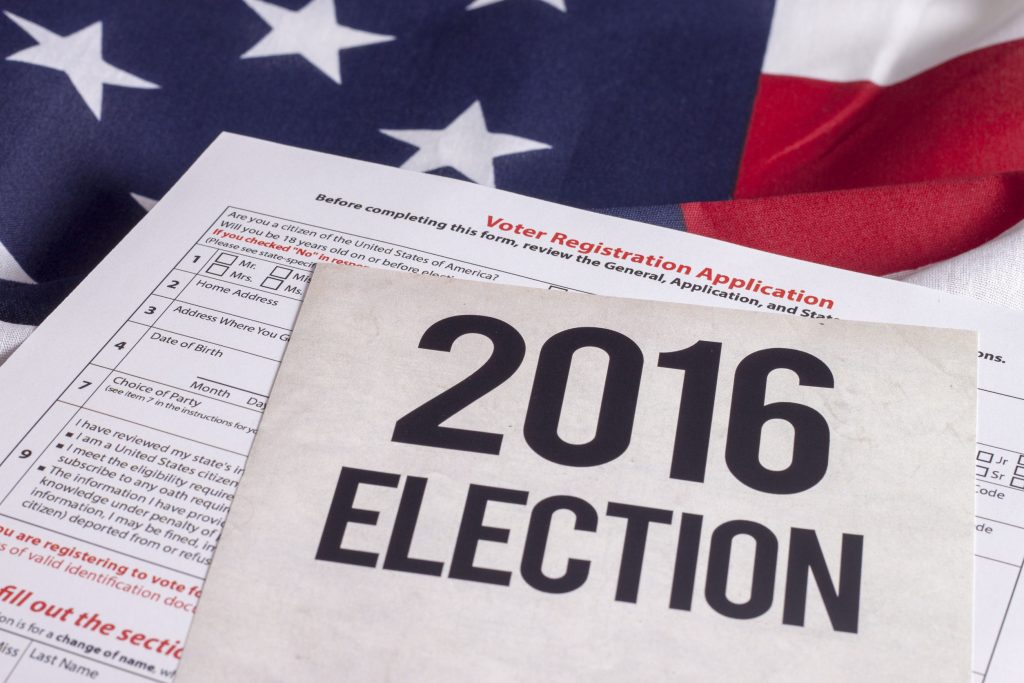Michigan Straight-Ticket Laws
On Friday, the Supreme Court allowed Michigan to continue use of straight-ticket voting options.
Straight-ticket voting is an option that allows voters to choose all ballot candidates of an specific affiliated party with one notation. The law that was struck down by the Supreme Court was signed into effect by Governor Rick Snyder in January. The law removed the straight ticket option on voting ballots and would require voters to individually select each candidate for office.
According to an interview with The Detroit News, Gov. Snyder stated “The reason I signed it is [because] I think it’s a good part of the process that people look at each individual office and they look at each candidate. It’s not just about partisan politics.”
In July, Judge Gershwin Drain of the Federal District Court of Detroit temporarily blocked the law on the grounds that it created “a disproportionate burden on African-American’s right to vote.” Groups who challenged the law argued that “there are ‘extremely high’ correlations between the size of the African-American voting population within a district and the use of straight-party voting in that district.”
The US Sixth Circuit Court of Appeals also declined to stay Judge Drain’s ruling. Judge Karen Moore of the Appeals Court stated in dissent, “Because African-American majority districts in Michigan such as Detroit have also historically faced some of the longest wait times in the state, the increase in long lines occasioned by the elimination of straight-party voting will impact these voters to an even more significant degree.”
The Supreme Court heard the case last Friday in response to an emergency application by the state. The briefing for the case wrote, “Michigan has joined 40 other states by requiring voters to actually vote for each candidate they intend to support — in other words, by eliminating the straight-ticket voting. This change is not a burden on voting — it is the very act of voting.”
However, the Supreme Court still struck down the straight-ticket elimination law and voters will have this option in the upcoming election.
Voter ID Law Development in Kansas, Alabama and Georgia
On Friday, the US Court of Appeals in the District of Columbia halted laws put forth by Kansas, Alabama and Georgia that would require voters to give proof of citizenship when voting.
The League of Women Voters, who initiated the recall of these voter ID laws argued that said laws would disenfranchise minority voters. Chris Carson, president of the League of Women Voters, stated “With just weeks to go before a critical presidential election, we are grateful to the Court of Appeals for stopping this thinly veiled discrimination in its tracks.”
The now halted laws would have required documentation such as valid state driver’s licenses or birth certificates. According to the Brennan Center for Justice at the New York University School of Law, seven percent of Americans do not have the documents to meet these requirements. The Appeals Court noted in the hearing that the League of Women Voters showed these laws would cause irreparable harm if enacted.
The ruling ordered that any vote applications that have been filed since January 29, 2016, are to be treated as if they had not contained proof of citizenship instructions.




Leave a Comment